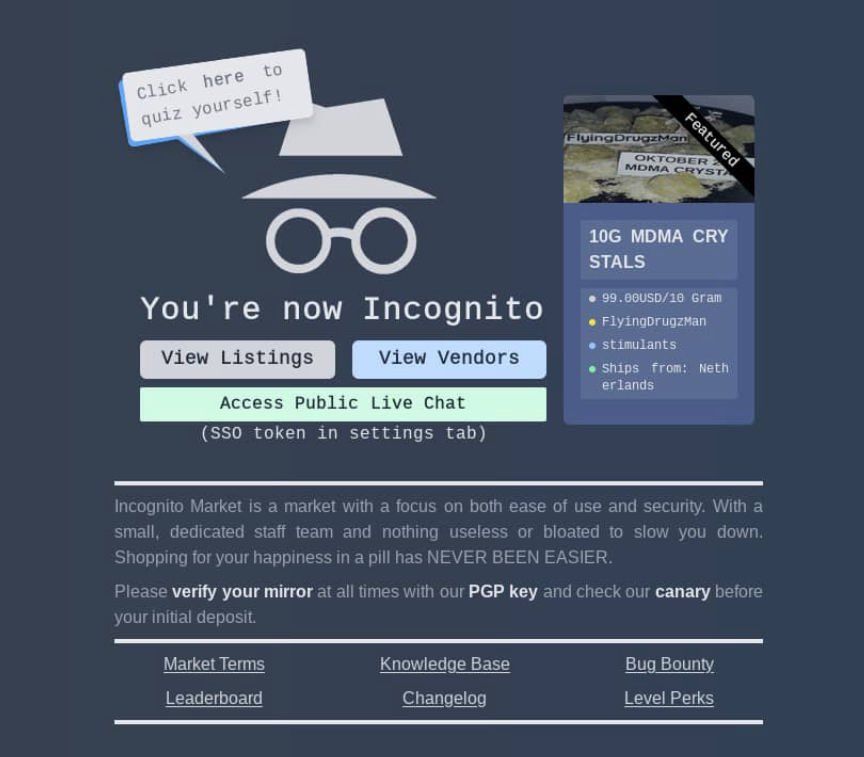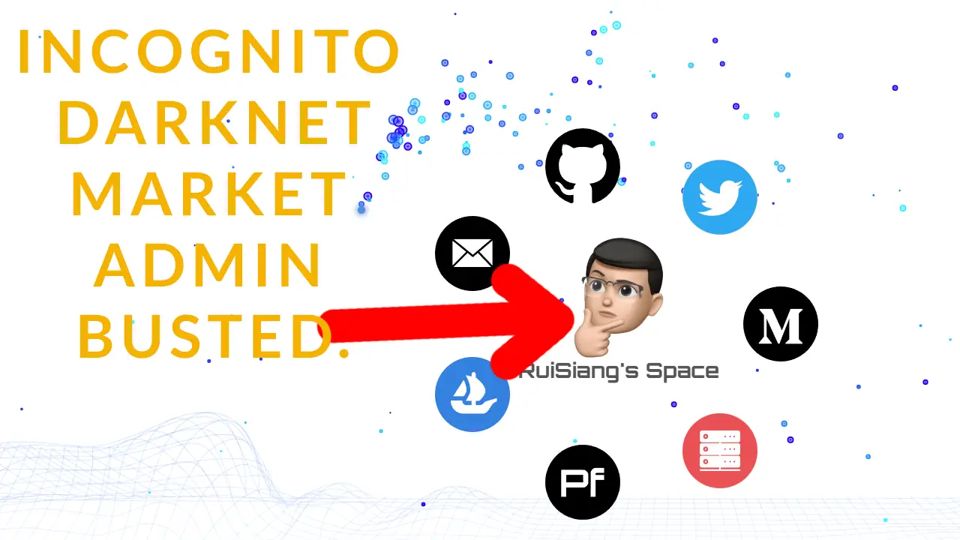Due to various motives, certain individuals express discontent with procuring narcotics from their neighborhood vendors, despite the prevailing inclination to endorse local enterprises in contemporary times. Instead, a considerable number of individuals resort to the internet as a means to acquire illicit substances, a rationale that appears somewhat logical considering the prevalent trend of online purchases encompassing a wide array of commodities.
The primary darknet drug market, known as Incognito, recently absconded with the funds of all its users.
The administrator is requesting that all users make a payment ranging from $200 to $20,000 by the month of May. Failure to comply will result in the administrator disclosing personal information, including order details, online for law enforcement to access.


The proprietor of the largest darknet drug market has, ironically, presented a compelling case as to why purchasing drugs online may not be advisable. Recently, the administrator of Incognito Market confiscated all funds belonging to their users and subsequently issued threats of extortion. Failure to remit fees, which vary from $100 to $20,000, may result in the release of transaction and chat logs that could potentially expose the identities of buyers, including vendors who conducted business on the platform.
A communication published on the website characterizes it as an unpleasant and unexpected occurrence, and to avoid any ambiguity, explicitly states, "Indeed, this is an act of extortion!!!"
A significant aspect of the issue appears to stem from the reliance of numerous customers on the "auto-encrypt" functionality, coupled with the failure of site administrators to remove chat and transaction histories once they were intended to be expired. These two factors indicate a premeditated nature of the situation.
The communication further indicates that administrators intend to release a dump containing 557,000 orders and 862,000 cryptocurrency transaction IDs by the conclusion of May. Additionally, a "payment status" page has been provided, displaying the vendors who have submitted extortion fees and, consequently, demonstrate concern for their customers.
The determination of whether or not the site administrators will adhere to their threats remains uncertain; it is advisable to monitor this situation in the upcoming month of May. It is commonly understood that complying with extortion demands once is improbable to dissuade the blackmailers; they retain the ability to engage in further blackmail, despite any assurances they may have provided. It would be unrealistic to anticipate individuals who operate an illicit online drug marketplace to possess integrity and moral principles, wouldn't it?




